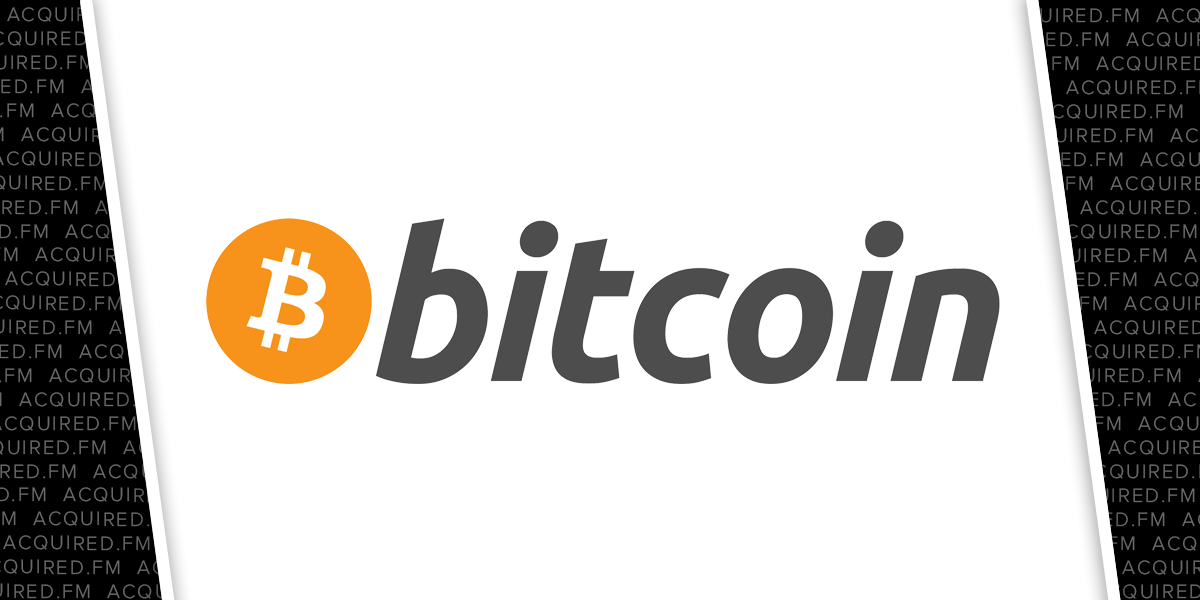Key Takeaways
- A crypto exchange is a platform for buying, selling, or trading digital currencies.
- Exchanges can be centralized or decentralized, each with distinct features and risks.
- Security, fees, and available assets are key factors when choosing an exchange in 2025.
Introduction — Crypto Exchanges as the Gateway to Digital Assets
By 2025, cryptocurrency exchanges have become the primary entry point for individuals and institutions entering the digital asset space. These platforms facilitate the buying, selling, and trading of cryptocurrencies, making them central to the growing global crypto economy.
Whether you’re investing in Bitcoin, trading altcoins, or exploring DeFi tokens, understanding how crypto exchanges work is critical for safely managing your funds and maximizing opportunities.
What Is a Crypto Exchange?
A crypto exchange is a digital marketplace where users can exchange cryptocurrencies for other digital assets or fiat currency (USD, EUR, etc.). Exchanges provide liquidity, pricing, and transaction execution in a secure and regulated environment.
Also read : How to Stake Your Crypto for Passive Income
Types of Exchanges
- Centralized Exchanges (CEXs):
- Operated by companies that manage transactions and custody of funds.
- Examples: Binance, Coinbase, Kraken.
- Pros: High liquidity, easy-to-use interface, customer support.
- Cons: Custodial risk if the exchange is hacked or mismanages funds.
- Decentralized Exchanges (DEXs):
- Peer-to-peer platforms running on smart contracts.
- Examples: Uniswap, PancakeSwap, SushiSwap.
- Pros: Non-custodial, more privacy, access to new tokens.
- Cons: Lower liquidity, higher gas fees, smart contract risk.
Key Features of Crypto Exchanges
- Order Books and Market Types: Users can place market orders (immediate execution) or limit orders (set price execution).
- Trading Pairs: Exchanges support trading between cryptocurrencies (BTC/ETH) or crypto-fiat (BTC/USD).
- Security Tools: Two-factor authentication, cold storage, withdrawal limits, and insurance.
- Staking and Earning Options: Some platforms allow users to stake tokens or earn interest on deposits.
How Crypto Exchanges Work in 2025
- Account Setup: Users register, complete KYC (Know Your Customer), and link payment methods.
- Funding the Account: Fiat or crypto is deposited into the exchange wallet.
- Trading: Users buy or sell assets via market or limit orders.
- Withdrawal: Funds can be withdrawn to personal wallets or converted back to fiat.
Centralized exchanges act as intermediaries, matching buyers and sellers. Decentralized exchanges use smart contracts to facilitate transactions without a central authority.
Risks and Considerations
Even in 2025, using exchanges carries risks:
- Security Risks: Hacking incidents can result in loss of funds, especially on centralized exchanges.
- Regulatory Risk: Governments may impose restrictions or new compliance requirements.
- Liquidity Risk: Smaller exchanges may have limited trading volume, affecting prices.
- Fees: Trading, withdrawal, and network fees vary and can impact returns.
Investors must choose reputable exchanges, enable security features, and stay updated on compliance changes.
The Future of Crypto Exchanges
By 2025, exchanges are integrating with DeFi, NFTs, and multi-chain ecosystems. Innovations include:
- Cross-chain trading: Seamless swaps between blockchains without bridging.
- Fiat-crypto integration: Faster deposits and withdrawals with lower fees.
- Regulatory-compliant solutions: Hybrid platforms offering decentralized security while meeting legal standards.
Exchanges are evolving from simple trading platforms into comprehensive crypto financial hubs, supporting investing, staking, lending, and NFTs under one roof.
Conclusion — Choosing the Right Crypto Exchange
A crypto exchange is the gateway to the digital asset world, providing liquidity, access to tokens, and opportunities for earning rewards. By understanding the types of exchanges, how they function, and the associated risks, investors in 2025 can trade confidently, secure their funds, and explore innovative crypto products safely.
Selecting the right exchange involves evaluating security, fees, supported tokens, and user experience, ensuring a platform that fits your investment goals and risk tolerance.




